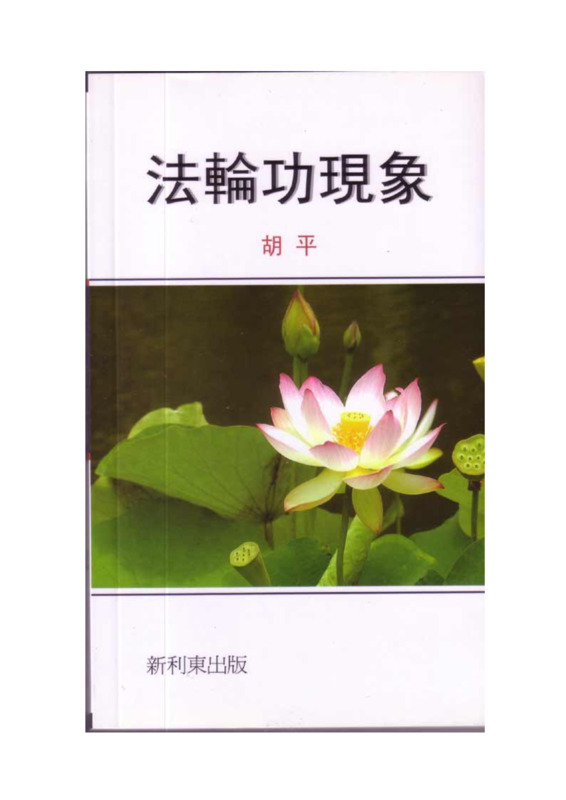Explore the collection
Showing 5 items in the collection
5 items
Book
Gu Zhun and His Times
This book is about Gu Zhun, a Chinese economist, historian and philosopher. Gu Zhun was the first person to put forward the theory of China's socialist market economy, which became a key concept in the Reform era, helping to justify the use of markets in a socialist system. He also devoted himself to the study of politics, history and philosophy, translating several foreign classic works on economics and democracy and writing a large number of articles. Due to his independent thinking and dissent, he suffered repeated political persecution, including during the Anti-Rightist Campaign and the Cultural Revolution (for more information on Gu Zhun, see his biographical entry). As he personally experienced the Anti-Rightist Campaign, the Great Famine, and the Cultural Revolution, his diary is also considered a valuable source of information on these historical events. By documenting and analyzing his life, thoughts, and the eras in which he lived, Wang's book shows how Gu Zhun persisted in his "pursuit and search for the freedom and equal rights that are inherent to all human beings " (author's preface) in an era when independent thinking was suppressed. This book was published in 2015 by the Great Mountain Culture Publishing House in Hong Kong.
Book
Hu Yaobang and the Vindication of Wrongful Convictions.
This book recounts Hu Yaobang's efforts to overturn people falsely accused of being "Rightists" during the Anti-Rightist Campaign of the 1950s. It is written by Dai Huang (1928-2016, formerly known as Dai Shulin), a Communist propagandist and later senior editor at the Xinhua News Agency, who was also persecuted in the Mao era and rehabilitated thanks to Hu's efforts.
This means that the book is not entirely objective–Dai does not analyze too closely Hu's history of slavishy following Mao's policies. Instead, he aims to capture the excitement felt by the hundreds of thousands who suffered in the Mao era and who were rehabilitated in the 1970s and '80s thanks to Hu. At 300,000 Chinese characters, or more than 200,000 English words, it is a weighty compendium that includes previously unreported details of famous public intellectuals and party members persecuted by the party and how Hu rehabilitated them. For example, Dai recounts the case of Ge Peiqi, who was a Communist Party spy who was toppled for his opposition to the party's corruption and privilege. Dai explains the case in depth and how Ge was eventually cleared.
Dai represented a liberal wing of the party that believed in the need for the party to address its mistakes. At his funeral people such as Du Daozheng (the editor of China Through the Ages 炎黄春秋) and Tie Liu (publisher of the alternative history journal 往事微痕) attended. The book also contains a preface by Li Rui, who participated in China Through the Ages and was also a mainstay of the party's liberal wing.
Book
Rethinking China's Democracy Movement
Author Hu Ping was involved in the Xidan Democracy Wall movement in the late 1970s and now lives in the United States.
He has successively chaired the pro-democracy publications <i>China Spring</i> and <i>Beijing Spring</i>. This book, published in 1992, analyzes the reasons for the failure of the June Fourth Movement and summarizes the lessons learned. The last two chapters suggest how to continue the pro-democracy movement in the future.
Book
The Brothers Mingjian Xue & Yefang Sun
This book concerns two Chinese economists, Xue Mingjian and Sun Yefang. Xue Mingjian (1895-1980, former name Xue Epei, he changed his name after joining the volunteer student armies during the 1911 revolution - Mingjian (明剑) meant “to eliminate the Qing government with sword and revenge on behalf of the Ming Dynasty (剑除满清,为朱明报复)” ) was "the founder of modern Chinese national enterprise economics, the pioneer of modern national industry, a civil society activist, educator and scholar" (author's preface). He served as a delegate to the National People's Congress of the Republic of China, Senate member of the Kuomintang, and a popularly elected legislator. Sun Yefang (1908-1983, former name Xue Eguo, he changed his name out of security concern after the incident that he got arrested by KMT when he was a underground CCP member), by contrast, a member of the Communist Party of China, was an important economist in post-1949 China, who was persecuted during the Cultural Revolution and regained attention and respect after the reform and opening-up period. The author tells the story of the two brothers' very different life trajectories, while pointing out that even though they were in different political camps, their concern for and practice of humanitarianism were in fact the same.
The book was first published by China SDX Joint Publishing in 2009, and was to be reprinted by Economic Press China in 2014, but it was censored. The version in our archive is published by Boden House in 2023.
Book
The Falun Gong Phenomenon
This book is a collection of several long articles and commentaries by Hu Ping on Falun Gong and the persecution and repression against Falun Gong practitioners. From an independent perspective, this book responds to a series of unfair criticisms and stigmatization of Falun Gong by the Chinese authorities and the public, calling on society to fight for the basic rights of Falun Gong practitioners who have been persecuted.




